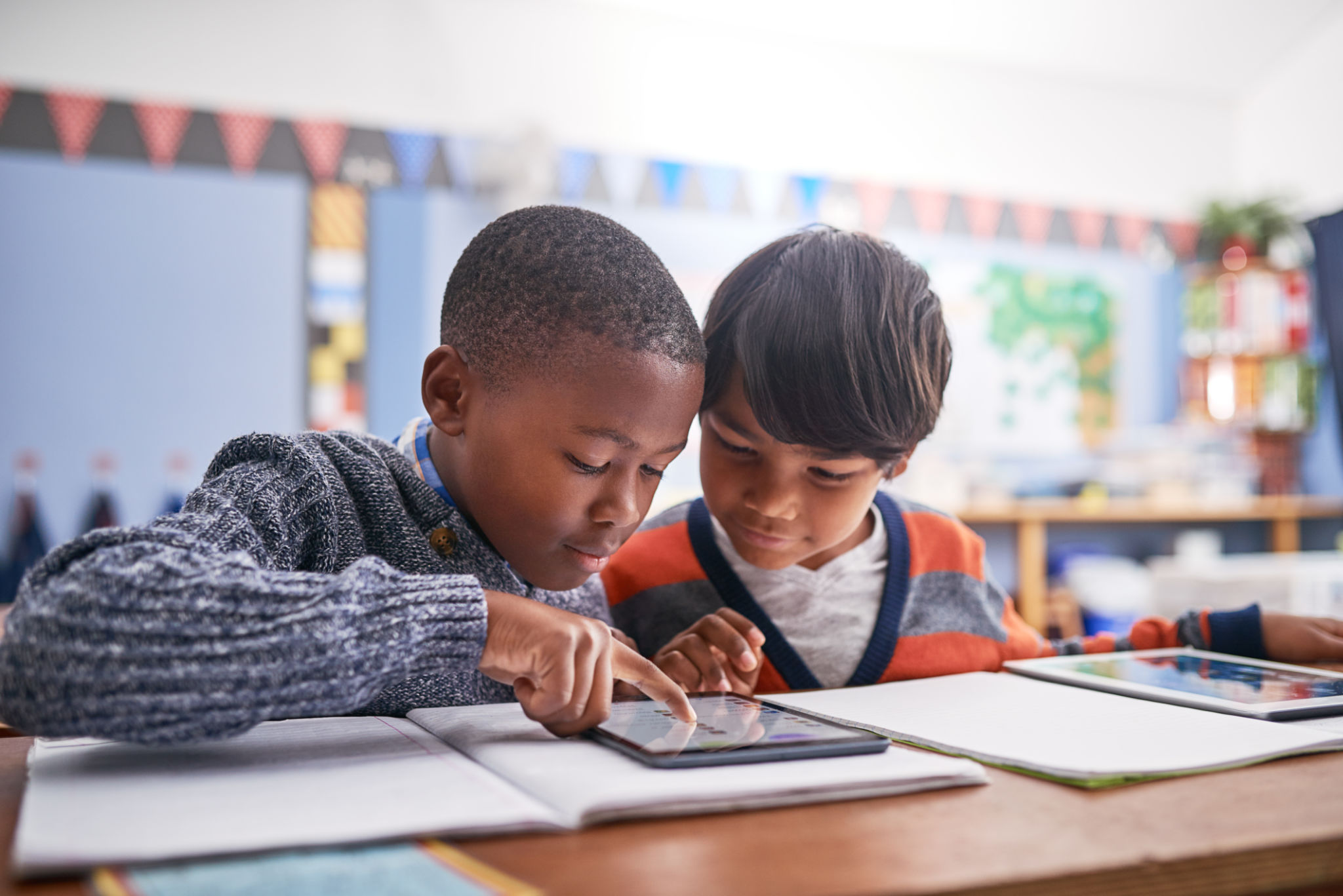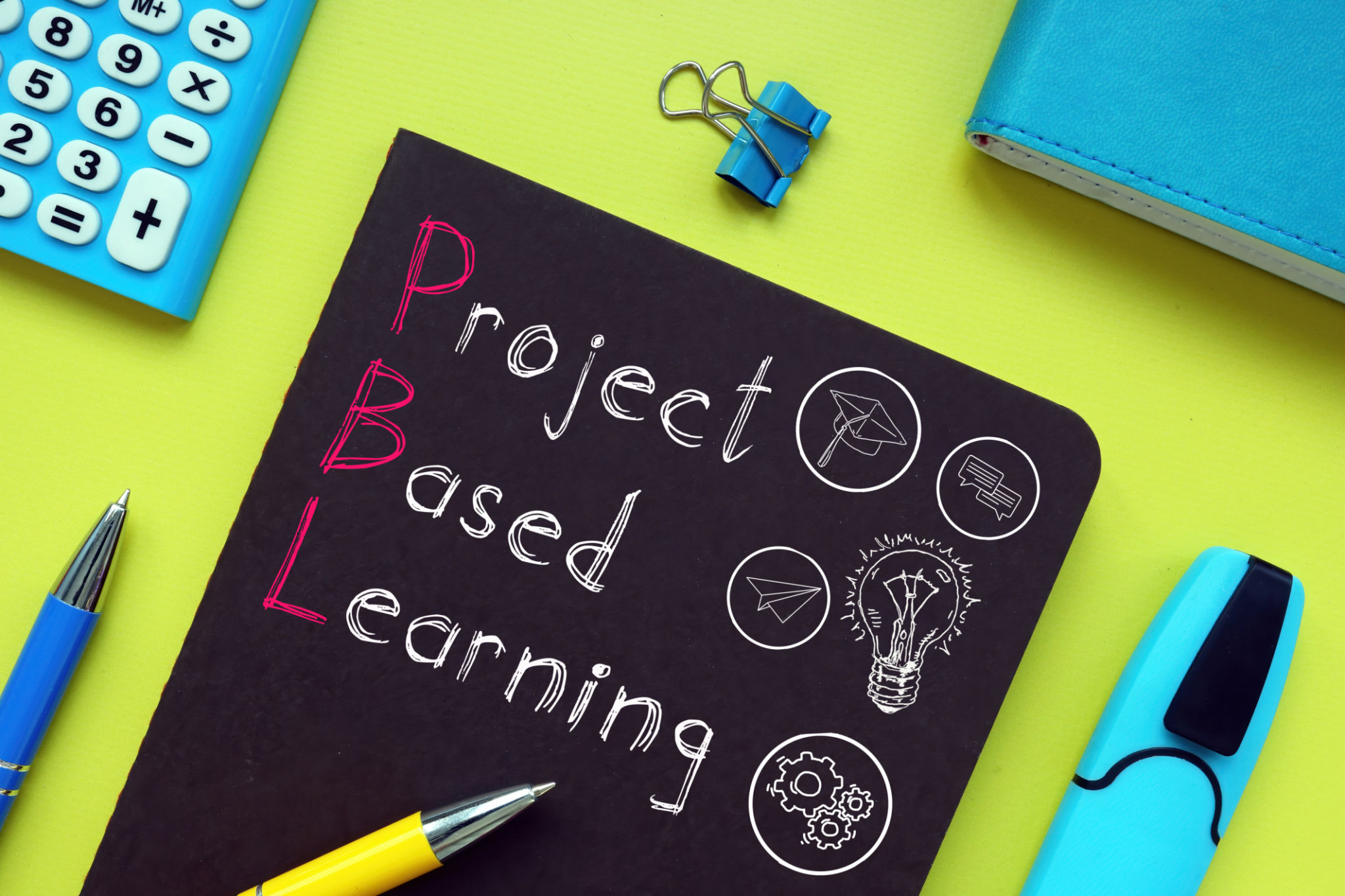Integrated Learning Experiences: Trends Shaping Malaysia’s Education Landscape
Introduction to Integrated Learning Experiences
In recent years, Malaysia's education landscape has been undergoing significant transformation. At the forefront of this change is the integration of various learning experiences designed to provide a holistic education. Integrated learning experiences are reshaping how students engage with subjects, moving away from traditional rote learning to more dynamic, interactive methods.

The Shift Towards Holistic Education
Malaysia is embracing a holistic approach that focuses on developing both academic and non-academic skills. This shift is evident in the incorporation of arts, sports, and life skills into the standard curriculum. By broadening the scope of education, students are better prepared for the complexities of the modern world.
Moreover, this approach encourages critical thinking, creativity, and emotional intelligence, which are crucial for success in any field. Schools are now emphasizing the importance of nurturing well-rounded individuals who can adapt to various challenges.
Technology Integration in Classrooms
The integration of technology in education is another trend shaping Malaysia's learning landscape. Classrooms are evolving to become tech-enabled spaces where digital tools like tablets, smartboards, and educational apps are commonplace. This integration allows for more personalized learning experiences, catering to different learning styles and paces.

Teachers are leveraging technology to create interactive lessons that engage students in new ways. Virtual reality, for example, is being used to simulate real-world experiences, making learning more immersive and effective.
Project-Based Learning
Project-based learning (PBL) is gaining traction as an effective teaching methodology. This approach involves students working on real-life projects that require problem-solving, collaboration, and critical thinking. PBL not only strengthens subject comprehension but also enhances soft skills such as communication and teamwork.
- Encourages active learning
- Promotes collaboration among students
- Develops problem-solving skills

Global Citizenship Education
Another emerging trend is the focus on global citizenship education. This concept encourages students to understand and engage with global issues, fostering a sense of responsibility and empathy towards others. By learning about different cultures, histories, and global challenges, students develop a broader perspective of the world.
Malaysian schools are integrating global themes into their curricula, preparing students to become responsible global citizens who are aware of their impact on the world.
Conclusion
The trends shaping Malaysia's education landscape reflect a shift towards more integrated and comprehensive learning experiences. By embracing technology, holistic education, and innovative teaching methods, Malaysia is paving the way for a future-ready generation. As these trends continue to evolve, they promise to make education more relevant, engaging, and effective for students across the country.
